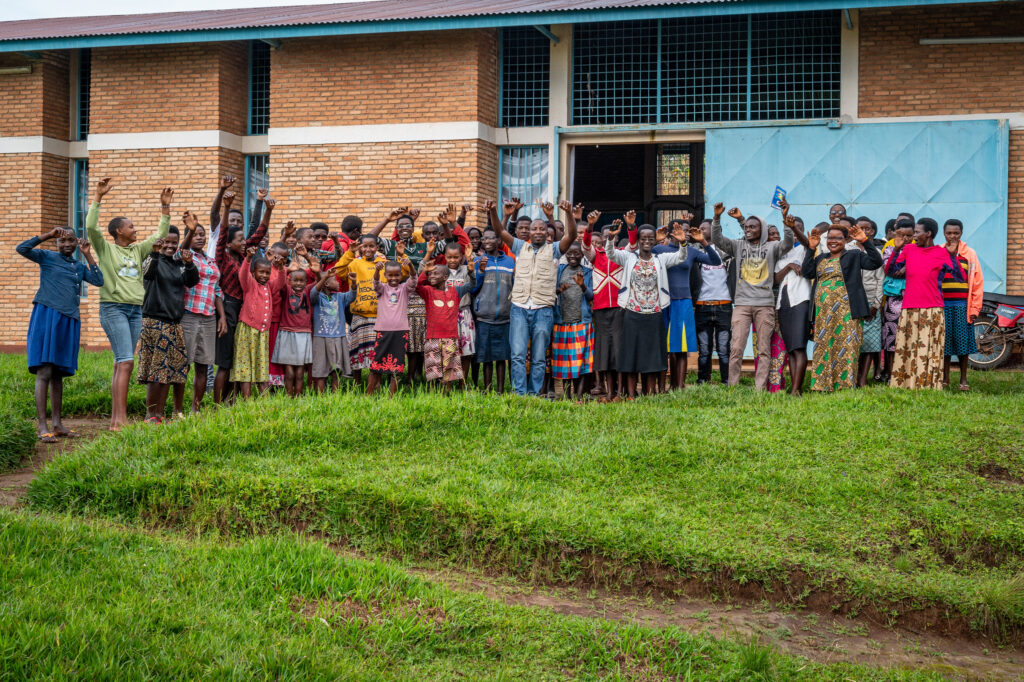In Burundi, a community-led initiative is transforming the lives of young people by addressing critical gaps in sexual and reproductive health, financial inclusion, and life skills development.

The Sexual Reproductive Health Solutions project, which ran from August 2021 to February 2025, was spearheaded by Cordaid and its partners across nine provinces, with support from the Embassy of the Netherlands in Burundi.
At the heart of the project are young volunteers who are reshaping how communities understand and access sexual and reproductive health services. In each commune, three youth volunteers lead outreach activities at local Youth Centres. They also support members of Village Savings and Loan Associations by helping to integrate family planning education into financial group discussions.
Open and Informed Conversations
Crucially, the initiative includes religious leaders from five major faith communities working alongside youth volunteers to promote open, informed conversations about sexual health. This multi-layered approach has helped to dispel stigma and encourage dialogue throughout the community.
The project educates and empowers. Volunteers are trained to lead peer discussions on reproductive health and gender-based violence while guiding entrepreneurship. With support from provincial business mentors, many young participants have refined their business plans and made significant strides toward financial independence. Engagement has been remarkable, with both young people and adults taking part in awareness-raising sessions.
Watch this video about TUBAKARORERO, Cordaid’s sexual and reproductive health programme in Burundi:
Access to Financial Resources
Consequently, the demand for health services has increased, and communities have experienced greater access to financial resources. The combination of health education and economic training generates ripple effects that extend far beyond the project’s immediate goals.
A mid-term evaluation conducted in early 2024 confirmed the project’s substantial impact. It revealed increased access to sexual and reproductive health information and services, a growing acceptance of both modern and natural contraceptive methods, and significant improvements in economic opportunities for young people, especially women. The initiative is also contributing to the effort against sexual and gender-based violence, helping to build stronger, more resilient communities.

A Model for Sustainable Development
This grassroots project presents a compelling model for sustainable development by integrating health education, financial empowerment, and community leadership. Through the collaboration of young volunteers, religious leaders, and local financial groups, a healthier, more equitable future is being created—one community at a time.
